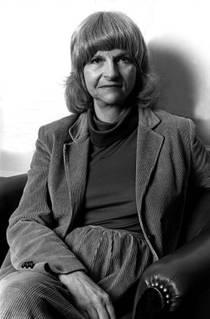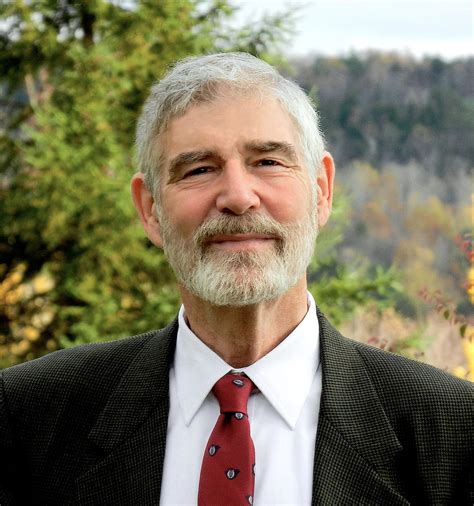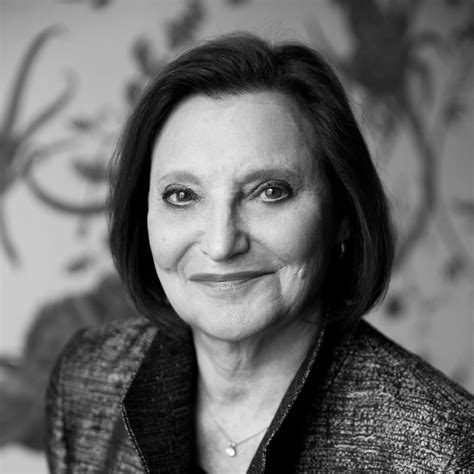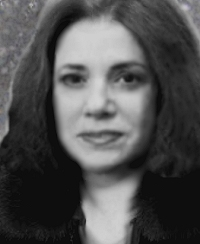A Quote by Ursula K. Le Guin
Fantasy is a literature particularly useful for embodying and examining the real difference between good and evil. In an America where our reality may seem degraded to posturing patriotism and self-righteous brutality, imaginative literature continues to question what heroism is, to examine the roots of power, and to offer moral alternatives. Imagination is the instrument of ethics. There are many metaphors besides battle, many choices besides war, and most ways of doing good do not, in fact, involve killing anybody. Fanstasy is good at thinking about those other ways.
Quote Topics
About
Alternatives
America
Anybody
Battle
Besides
Between
Brutality
Choices
Degraded
Difference
Doing
Doing Good
Ethics
Evil
Examine
Examining
Fact
Fantasy
Good
Good And Evil
Heroism
Imagination
Imaginative
In Fact
Instrument
Involve
Killing
Literature
Many
May
Metaphors
Moral
Most
Offer
Other
Our
Particularly
Patriotism
Power
Question
Real
Reality
Righteous
Roots
Seem
Self
Self-Righteous
Thinking
Those
Useful
War
Ways
Related Quotes
In this life we have to make many choices. Some are very important choices. Some are not. Many of our choices are between good and evil. The choices we make, however, determine to a large extent our happiness or our unhappiness, because we have to live with the consequences of our choices. Making perfect choices all of the time is not possible. It just doesn't happen. But it is possible to make good choices we can live with and grow from.
The great subversive works of children's literature suggest that there are other views of human life besides those of the shopping mall and the corporation. They mock current assumptions and express the imaginative, unconventional, noncommercial view of the world in its simplest and purest form. They appeal to the imaginative, questioning, rebellious child within all of us, renew our instinctive energy, and act as a force for change. This is why such literature is worthy of our attention and will endure long after more conventional tales have been forgotten.
When you say there's too much evil in this world you assume there's good. When you assume there's good, you assume there's such a thing as a moral law on the basis of which to differentiate between good and evil. But if you assume a moral law, you must posit a moral Law Giver, but that's Who you're trying to disprove and not prove. Because if there's no moral Law Giver, there's no moral law. If there's no moral law, there's no good. If there's no good, there's no evil. What is your question?
I try to keep in my mind the simple question: Am I trying to do good or make myself look good? Too many of our responsibilities get added to our plate when we are trying to please people, impress people, prove ourselves, acquire power, increase our prestige. All those motivations are about looking good more than doing good.
Christ and the life of Christ is at this moment inspiring the literature of the world as never before, and raising it up a witness against waste and want and war. It may confess Him, as in Tolstoi's work it does, or it may deny Him, but it cannot exclude Him; and in the degree that it ignores His spirit, modern literature is artistically inferior. In other words, all good literature is now Christmas literature.
We do literature a real disservice if we reduce it to knowledge or to use, to a problem to be solved. If literature solves problems, it does so by its own inexhaustibility, and by its ultimate refusal to be applied or used, even for moral good. This refusal, indeed, is literature's most moral act. At a time when meanings are manifold, disparate, and always changing, the rich possibility of interpretation--the happy resistance of the text to ever be fully known and mastered--is one of the most exhilarating products of human culture.
Of all the human evils, of which we have thousands of years of record and our own contemporary experiences, the most horrible evil of all is hypocrisy. It's this idea that there are those who do bad and there are those who do good, when, in fact, even the people who supposedly do good are saying they do good to mask the fact that they do evil.
There would be those of us who say that in many ways, you worry about what the Jews in Israel are doing to themselves. Yes, they may at the moment have incredible power and are supported almost unconditionally by especially America, but most of the West as well. Yet what they are doing is contrary to the best teaching and highest teachings of their faith.
While many alternate reality stories ask, 'What might have been?' parallel universe stories literalize the war between good and evil that plays inside each of us every day. It's what makes this type of story so perfect for many fantasy tales: we're all just a coin flip away from being entirely different people.
We're taking action against evil people. Because this great nation of many religions understands, our war is not against Islam, or against faith practiced by the Muslim people. Our war is a war against evil. This is clearly a case of good versus evil, and make no mistake about it - good will prevail.






































